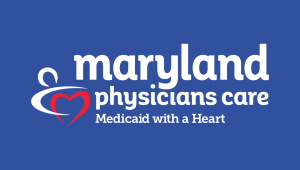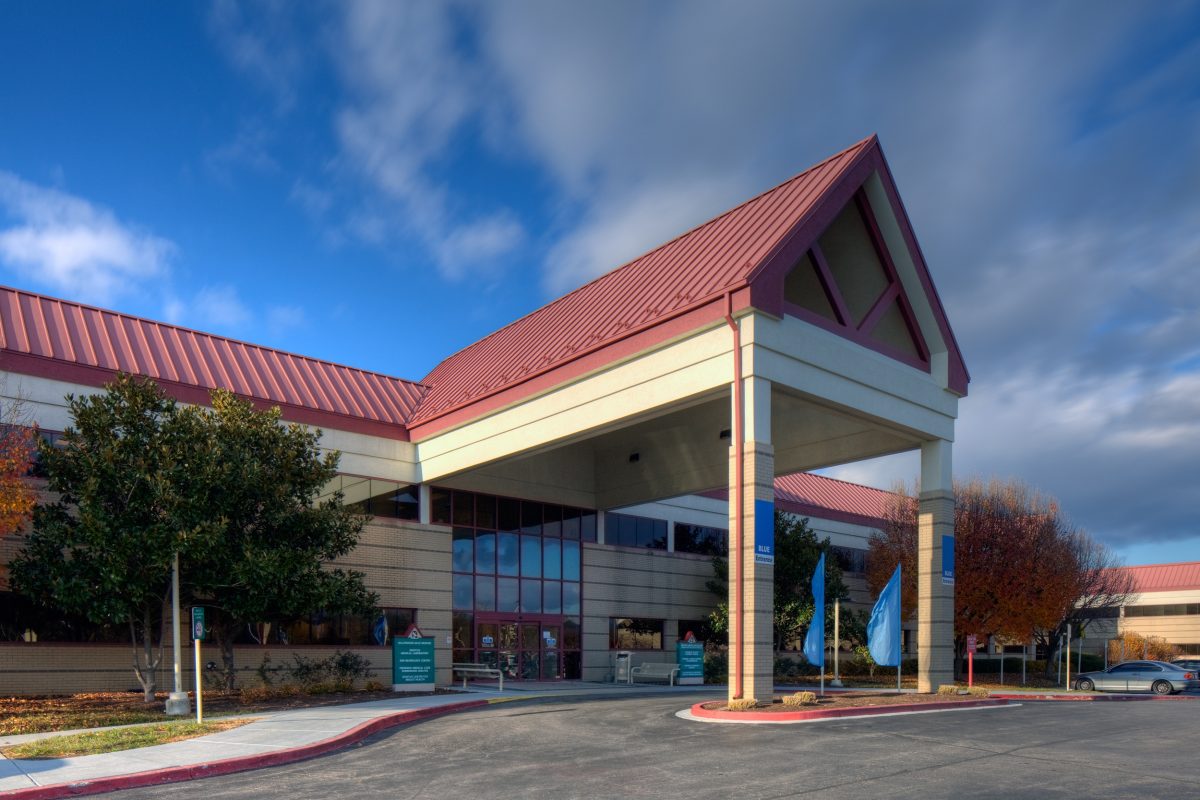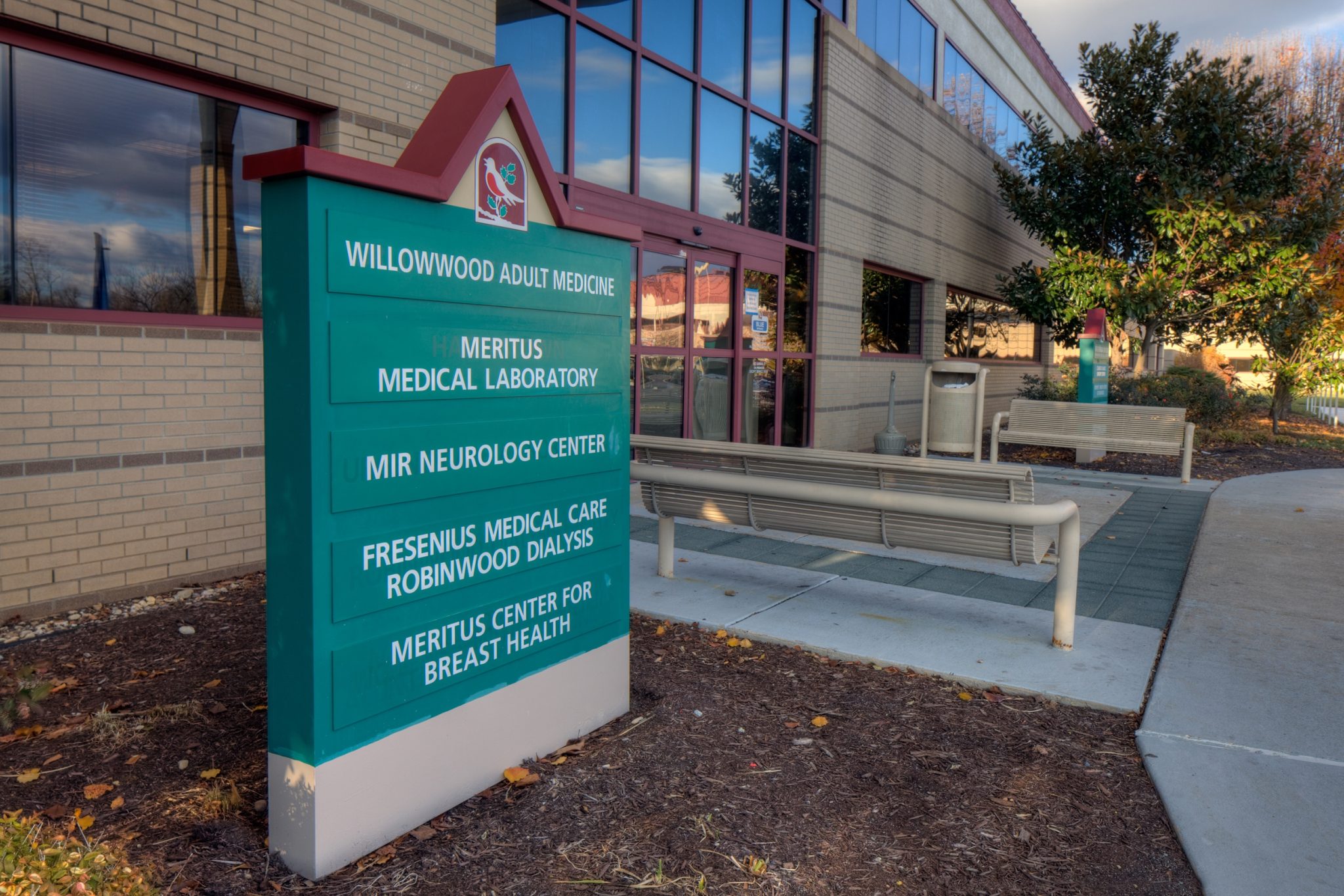We're Hiring! Join Our Team as a Nurse Practitioner - Apply Now. to Make a Difference in Patient Care!
Dizziness / Vertigo

Dizziness and Vertigo Treatment and Management Services
Dizziness and vertigo are common symptoms that can significantly impact daily life, causing difficulty in balancing, walking, or even performing basic tasks. While these conditions may seem similar, they have distinct causes and effects on the body. At our clinic, we specialize in diagnosing and treating dizziness and vertigo, offering personalized care to help patients restore their balance and regain their confidence in everyday activities.
What is Dizziness and Vertigo?
Dizziness is a broad term used to describe a range of sensations, including lightheadedness, a feeling of unsteadiness, or disorientation. It can make you feel as though you might faint or lose your balance.
Vertigo, on the other hand, is a specific type of dizziness characterized by the sensation that you or your surroundings are spinning or moving when in fact, they are not. It often results from an issue in the inner ear or the balance-related structures of the brain.
Both dizziness and vertigo can be caused by a variety of factors, from benign conditions like dehydration to more serious issues involving the inner ear or brain.
Common Causes of Dizziness and Vertigo
The causes of dizziness and vertigo are diverse and can be classified into several categories, including:
- Inner Ear Disorders: The inner ear plays a crucial role in maintaining balance. Conditions like benign paroxysmal positional vertigo (BPPV), Meniere’s disease, and labyrinthitis can cause vertigo due to disruptions in the balance organs in the ear.
- Vestibular Migraine: Migraines can sometimes cause vertigo-like symptoms, often accompanied by light sensitivity, nausea, or a headache.
- Low Blood Pressure: When blood pressure drops too low (especially when standing up quickly), it can cause dizziness or lightheadedness, known as orthostatic hypotension.
- Dehydration and Low Blood Sugar: These can lead to lightheadedness, dizziness, and even fainting.
- Neck or Spine Issues: Conditions like cervicogenic dizziness, which originates from problems with the neck or cervical spine, can lead to sensations of dizziness or imbalance.
- Neurological Conditions: Dizziness can also be a symptom of underlying neurological conditions, such as multiple sclerosis, stroke, or Parkinson’s disease, which affect the brain’s ability to process balance signals.
- Anxiety and Stress: Emotional factors, including anxiety or panic attacks, can lead to dizziness and a sense of disorientation.
Each of these causes requires a specific treatment plan, making it important to undergo a thorough assessment by a healthcare professional to determine the underlying condition.
Symptoms of Dizziness and Vertigo
Common symptoms of dizziness and vertigo include:
- Spinning sensation (in the case of vertigo)
- Lightheadedness or feeling faint
- Balance problems or unsteadiness
- Nausea or vomiting, especially with vertigo
- Blurred vision or trouble focusing
- Headache or ear fullness (in cases of inner ear disorders)
- Tinnitus (ringing in the ears) or hearing loss (especially in Meniere’s disease)
These symptoms can vary in intensity, and they may be brief or last for hours. If you experience sudden, severe vertigo or dizziness, it’s important to seek medical attention immediately, as it could indicate a more serious condition.
Our Dizziness and Vertigo Treatment Services
At our clinic, we provide expert care for dizziness and vertigo, using a combination of diagnostic tests, treatments, and therapies to help you regain your balance and live your life without fear of falling or disorientation.
1. Accurate Diagnosis
To determine the root cause of your dizziness or vertigo, we conduct a comprehensive evaluation, which includes:
- Medical History and Symptom Review: We will discuss your symptoms, their onset, frequency, and any triggers, as well as your medical history.
- Physical and Neurological Exam: A thorough examination to assess your balance, coordination, and reflexes.
- Vestibular Testing: Specialized tests, such as Electronystagmography (ENG) or Videonystagmography (VNG), which assess the function of the inner ear and balance system.
- Imaging Tests: In certain cases, an MRI or CT scan may be recommended to rule out structural causes, such as a brain tumor or stroke.
- Blood Pressure Measurement: Orthostatic hypotension tests can help identify any issues with blood pressure regulation.
- Blood Tests: To check for issues like dehydration, anemia, or infection that could be contributing to dizziness.
2. Treatment Options for Dizziness and Vertigo
Once the underlying cause of your dizziness or vertigo is identified, we create a tailored treatment plan that may include:
- Vestibular Rehabilitation Therapy (VRT): A specialized form of physical therapy that helps the brain compensate for balance issues caused by inner ear disorders. VRT involves exercises to improve your balance, stability, and coordination.
- Canalith Repositioning Maneuvers: For conditions like BPPV, which causes vertigo due to displaced calcium crystals in the inner ear, specific maneuvers (e.g., the Epley maneuver) can help reposition these crystals and alleviate symptoms.
- Medications: Depending on the diagnosis, medications such as anti-vertigo drugs, anti-nausea medications, or antihistamines may be prescribed to manage symptoms and reduce dizziness.
- Lifestyle Adjustments: We provide recommendations on lifestyle changes, including hydration, managing stress, and avoiding triggers to reduce the risk of dizziness or vertigo episodes.
- Surgical Interventions: In rare cases, surgical procedures may be necessary to treat the underlying cause of vertigo, such as a labyrinthectomy for Meniere’s disease or a vestibular nerve section for severe cases of vertigo.
3. Ongoing Monitoring and Support
Dizziness and vertigo often require long-term management to ensure that symptoms are kept under control. We offer:
- Regular Follow-Ups: To track your progress, adjust your treatment plan, and ensure you are responding well to therapy.
- Education and Support: We provide educational resources to help you understand your condition and manage your symptoms effectively.
- Fall Prevention Strategies: For those with balance problems, we offer fall prevention techniques and safety advice to help reduce the risk of injury.
Why Choose Our Dizziness and Vertigo Services?
- Expert Diagnosis and Care
Our experienced team of specialists conducts comprehensive evaluations to accurately diagnose and treat the root cause of your dizziness or vertigo. - Personalized Treatment Plans
We offer individualized care tailored to your specific condition and symptoms, ensuring the most effective treatments for your needs. - Cutting-Edge Therapies
We use the latest evidence-based treatments, including vestibular rehabilitation and advanced diagnostic tests, to provide the best possible care. - Comprehensive Support
From symptom management to lifestyle adjustments, we provide holistic care that addresses all aspects of your condition, improving both your physical and emotional well-being. - Convenient and Compassionate Care
We prioritize your comfort and convenience, offering a compassionate and supportive environment as you work toward regaining your balance and quality of life.
Contact Us for Dizziness and Vertigo Treatment
If you are struggling with dizziness or vertigo, don’t let it control your life. Contact our clinic today to schedule a consultation and take the first step toward effective treatment. Our expert team is here to help you get back on your feet and live a confident, active life without the fear of dizziness or vertigo.

























